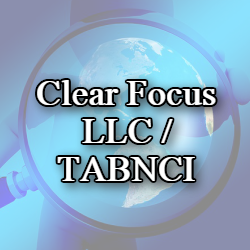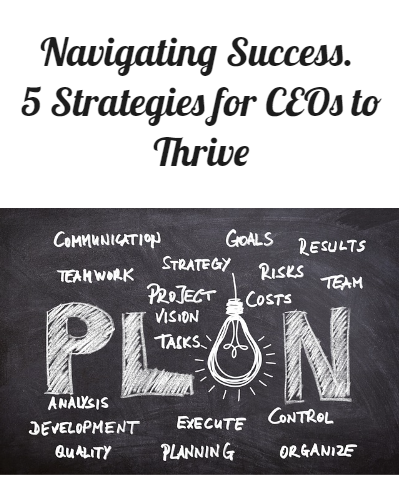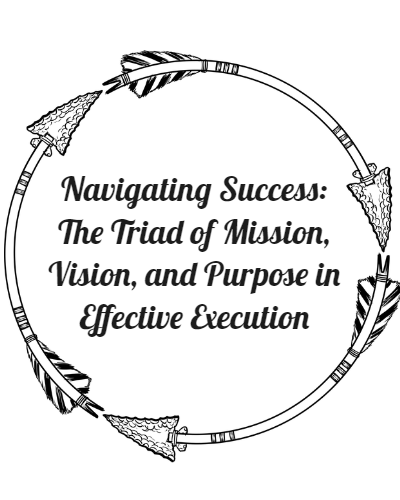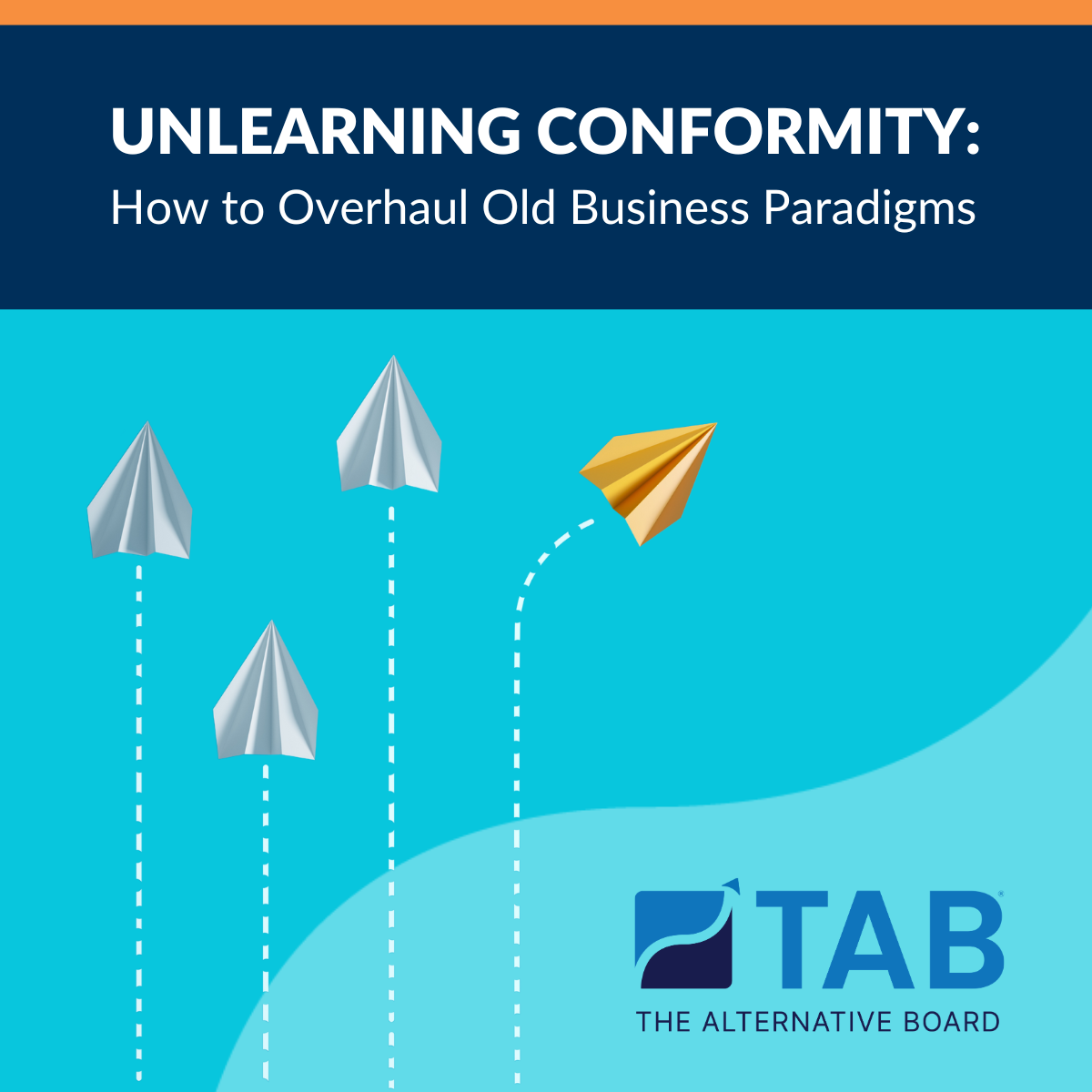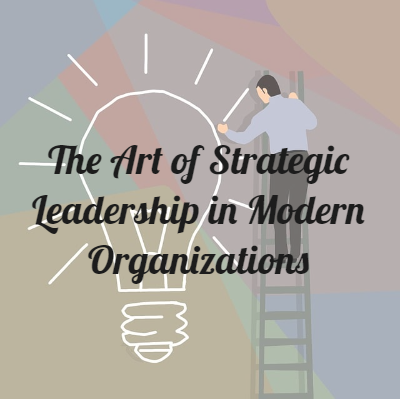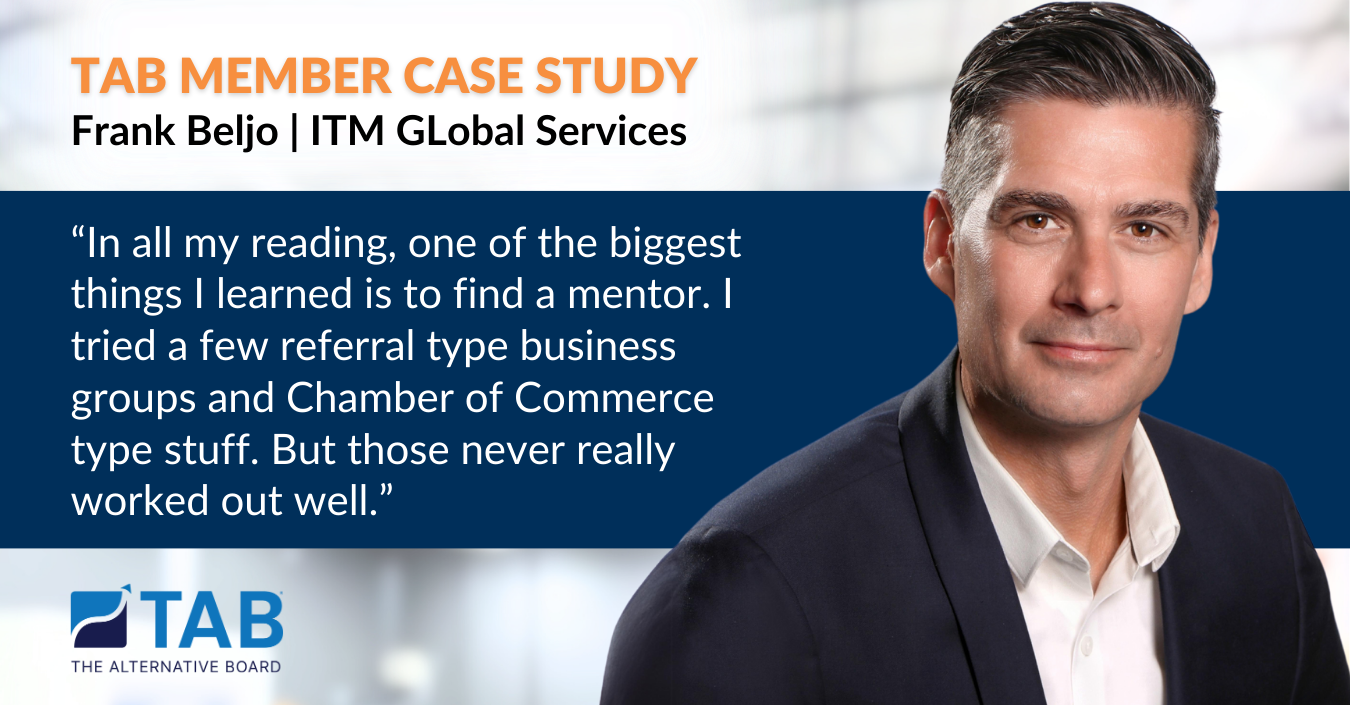In the competitive landscape of talent acquisition, fostering a positive candidate experience is paramount. Not only does it contribute to attracting top-tier talent, but it also enhances your employer brand. To ensure a seamless and positive hiring journey for candidates, follow these key steps.
Clear and Transparent Communication: Open and honest communication is the foundation of a positive candidate experience. Clearly articulate the job requirements, responsibilities, and expectations from the outset. Provide a detailed job description and be transparent about the stages of the hiring process. This not only sets expectations but also demonstrates your commitment to transparency, building trust right from the start.
Streamlined Application Process: Lengthy and cumbersome application processes can deter qualified candidates. Simplify and streamline your application process by leveraging user-friendly interfaces and reducing the number of steps. Ensure that your online application platform is mobile-friendly, as many candidates prefer applying on the go.
Personalized Interaction: Treat candidates as individuals, not just potential hires. Personalize your interactions by addressing them by name and tailoring your communications to their specific skills and experiences. Incorporate personalized touches in emails, interview processes, and follow-ups. This demonstrates that you value each candidate and appreciate the unique strengths they bring.
Efficient Interview Process: Respect candidates’ time by optimizing the interview process. Schedule interviews efficiently, provide clear instructions, and communicate any necessary preparation. Use technology to conduct virtual interviews when appropriate, reducing the need for candidates to travel. Additionally, ensure timely feedback after interviews to keep candidates informed and engaged.
Feedback and Closure: Constructive feedback, whether positive or constructive, is invaluable for candidates. Provide timely and detailed feedback after interviews, helping candidates understand their strengths and areas for improvement. Even in cases where a candidate is not selected, maintain a positive and respectful tone, leaving the door open for potential future opportunities.
By incorporating these strategies into your hiring process, you can create a positive and memorable candidate experience. Remember, a well-crafted experience not only attracts top talent but also contributes to a positive employer brand, making your organization an employer of choice in the competitive job market.
We would love to hear your comments. Please contact us today!
Gary Brunson
gary@myclearfocus.com
Debra Rider
debra@myclearfocus.com
574.361.2674
Sustainable Growth & Profit Consultant, Coach, Mentor, and Counselor/Therapist for Business Owners and Professionals.

